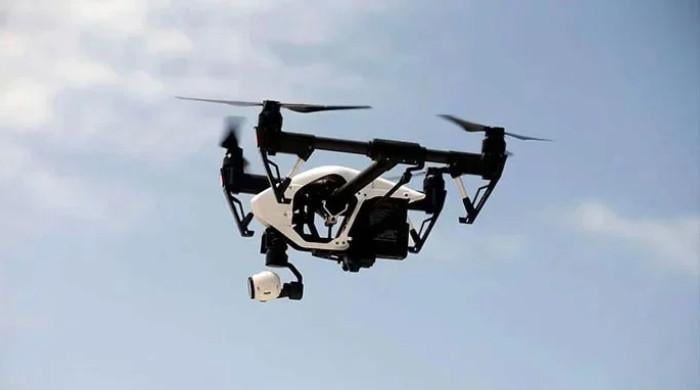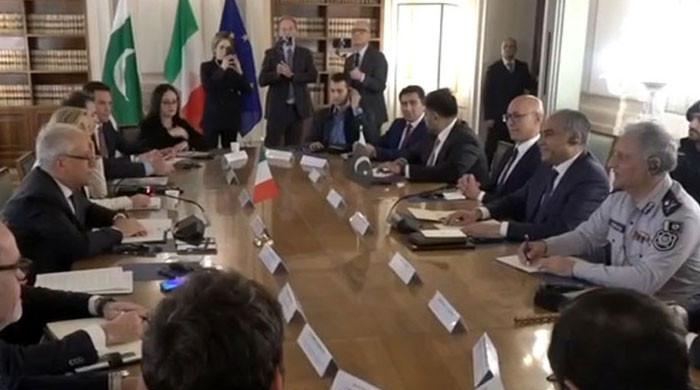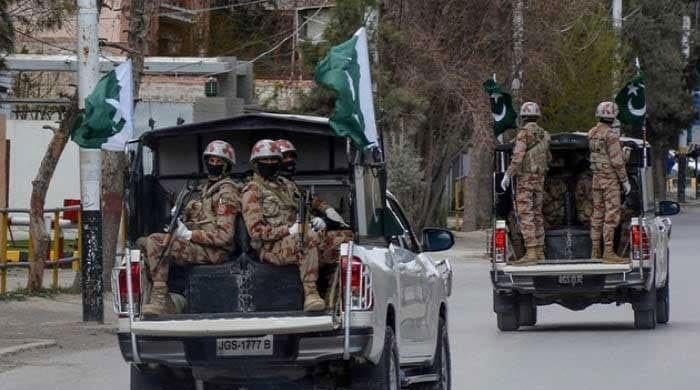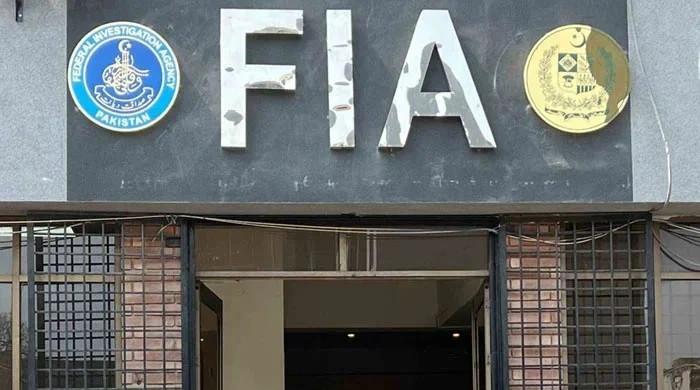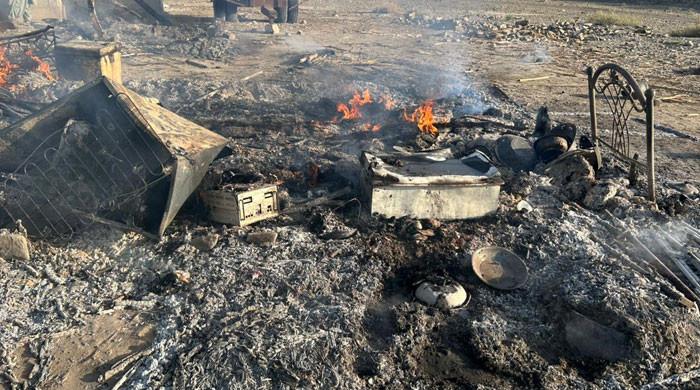Pakistan sounds alarm over rising Asia-Pacific conflict risks amid India tensions
CJCSC Gen Mirza says foundation of strategic stability must be laid through mutual identification of red lines, trust
June 01, 2025
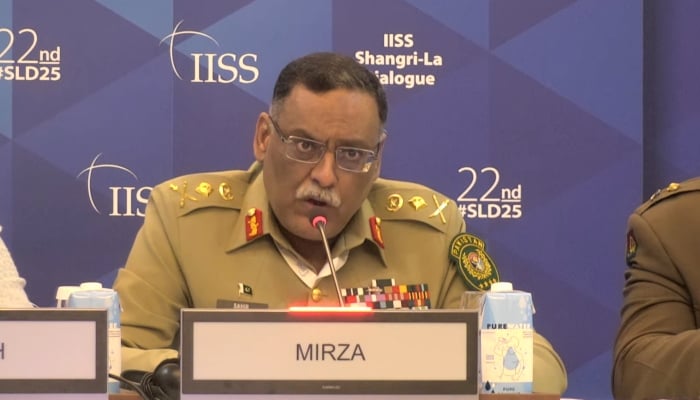
- CJCSC chairman emphasises that "inclusion is not optional".
- Gen Mirza points to region’s “looming threat of a global scale”.
- Sahir Shamshad Mirza criticises India’s growing militarisation.
KARACHI: Chairman of the Joint Chiefs of Staff Committee (CJCSC) General Sahir Shamshad Mirza on Saturday stressed the urgent need for inclusive, institutionalised crisis management frameworks throughout the Asia-Pacific region and beyond, while also warning of the rising risks of conflict in South Asia, The News reported.
He said this while delivering a comprehensive speech at the Shangri-La Dialogue in Singapore.
Gen Mirza said that the foundation of strategic stability must be laid through mutual identification of red lines, trust, and restraint — rather than domination or exclusion. He emphasised that "inclusion is not optional" with regard to regional security architectures, saying that "mechanisms cannot function in a vacuum of trust or amid systemic asymmetries."
The JCSC chairman made his comments at the renowned annual security forum, which brings together defence ministers, military chiefs, and security specialists from around the globe. General Mirza, speaking on behalf of Pakistan, emphasised that power struggles, a lack of communication, and the inability to settle long-standing conflicts are the main causes of the growing security risks facing South Asia and the Asia-Pacific region.
Focusing on South Asia, Gen Mirza pointed to the region’s “looming threat of a global scale”, referencing the unresolved Kashmir dispute, worsening India-Pakistan-China dynamics, and Afghanistan’s persistent instability.
He warned that nuclearisation has increased the risk of strategic miscalculation, and that functional communication channels are essential in the face of rising tensions.
He criticised India’s growing militarisation and its perceived emboldenment by Western support, stating that “India’s ambition to become a regional hegemon is disincentivising it to engage in conflict management options.”
Referring to the recent Pakistan-India crisis, Gen Mirza warned that the threshold for war between India and Pakistan has dangerously lowered, posing grave risks to the region’s 1.5 billion people. He also raised alarm over India’s actions targeting civilian areas and its threats to abrogate the Indus Waters Treaty, calling such moves “existential threats” to Pakistan and potentially “acts of war”.
“Pakistan has always preferred negotiated and diplomatic solutions,” he said, while reaffirming Islamabad’s position that peace with India must be based on mutual respect, sovereign equality and dignity.
On the broader Asia-Pacific region, Gen Mirza described a trend of rising militarisation and great power contestation. He added that regional security continues to be shaped by extra-regional powers, with few organic structures in place to manage crises or mediate disputes.
He warned that without local ownership, external security frameworks would lack credibility. “Mechanisms transplanted into this region from outside will not have local respect and recognition,” he said.
Yet, he expressed cautious optimism, acknowledging efforts underway in the Asia-Pacific to improve cooperation and communication. He urged regional states to “move beyond conflict management towards conflict resolution” and to revitalise existing bilateral, regional and multilateral structures, rather than invent new ones.
Gen Mirza offered a pointed critique of the global security environment, noting how “power and interests, not morality or principles, now reign supreme.” He cited the erosion of values such as state sovereignty and international law, and warned that multilateralism is being replaced by “myopic mini-lateralism.”
Amid this backdrop, he stressed the need for institutionalised crisis protocols, pre-agreed deconfliction procedures and joint exercises to avoid miscalculation. The spread of emerging technologies such as AI and cyber tools, he said, is further shrinking the decision-making window and complicating deterrence dynamics.
“Strategic communication matters”, Gen Mirza stressed, adding that “misconception, narrative warfare and information distortion are the oxygen for escalation.”
He also reiterated Pakistan’s long-standing position on Indian Illegally Occupied Jammu and Kashmir (IIOJK), calling for a resolution in line with United Nations Security Council resolutions and the aspirations of the Kashmiri people. He called it essential for ensuring lasting peace in South Asia.






